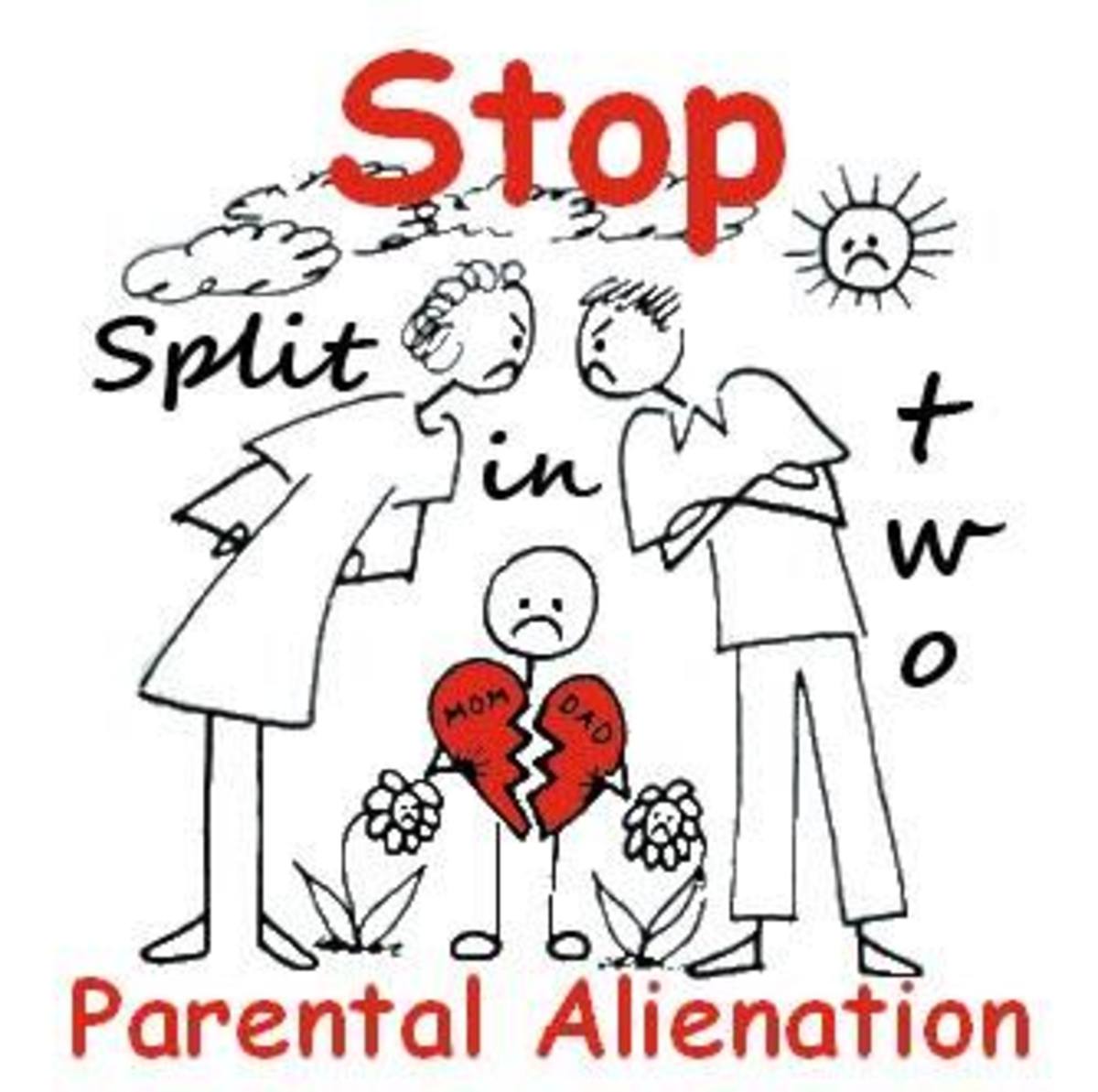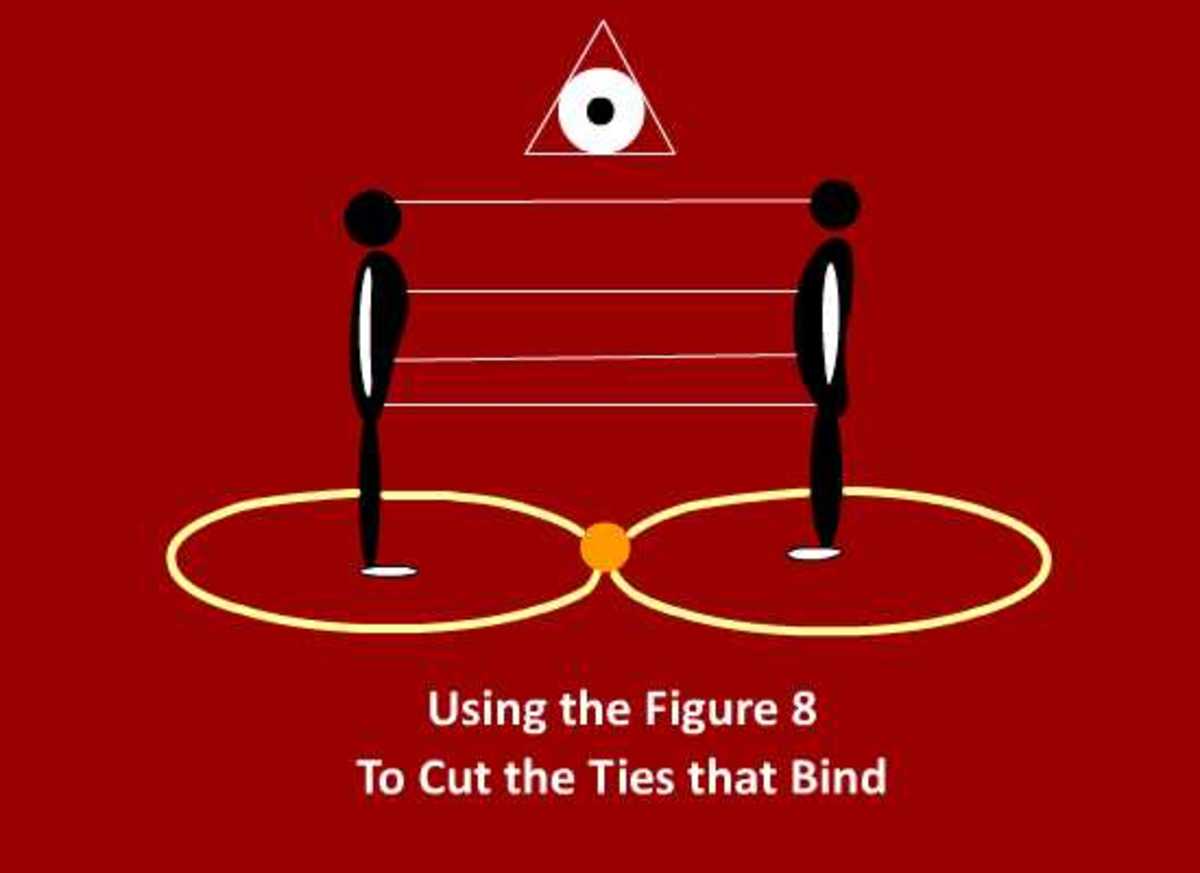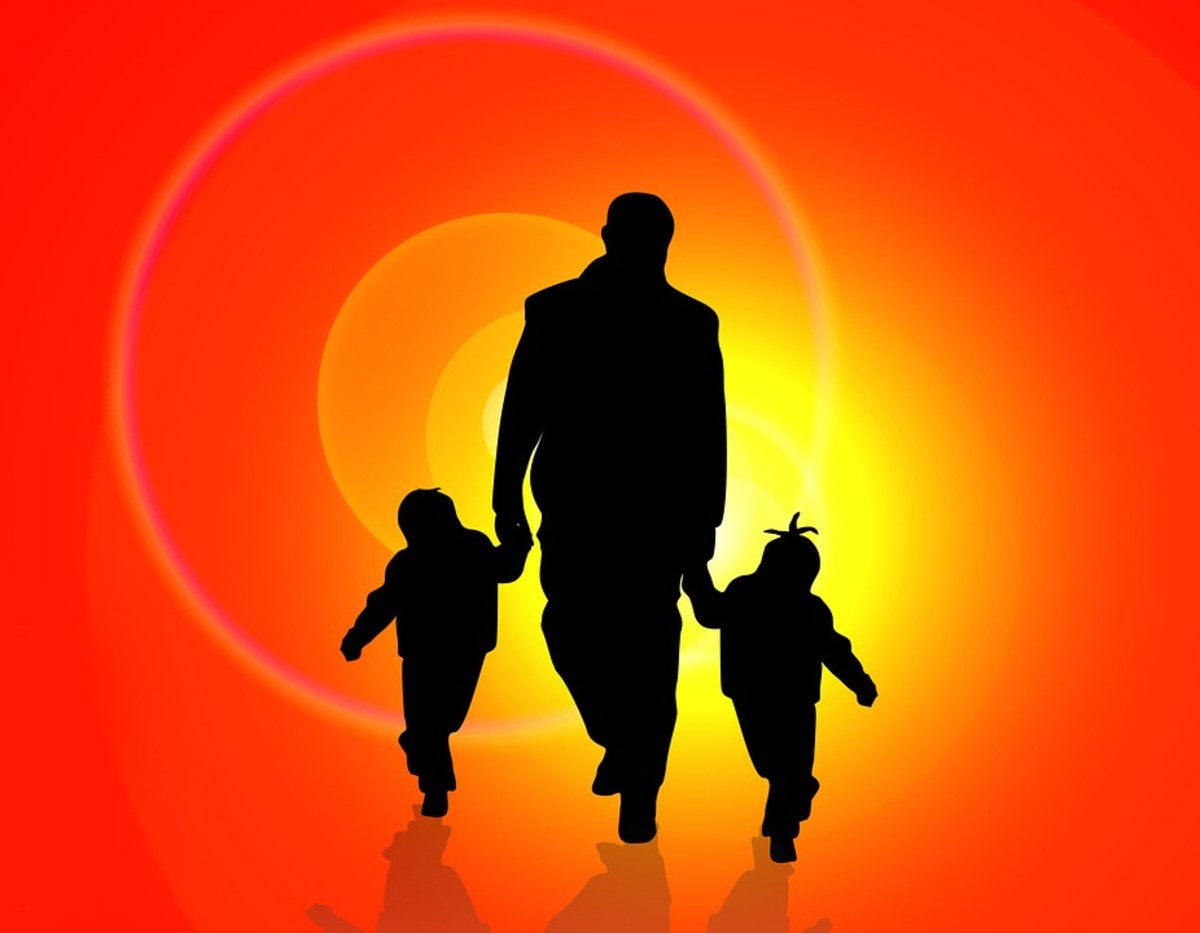Joint Legal Custody And The Effects On The Children
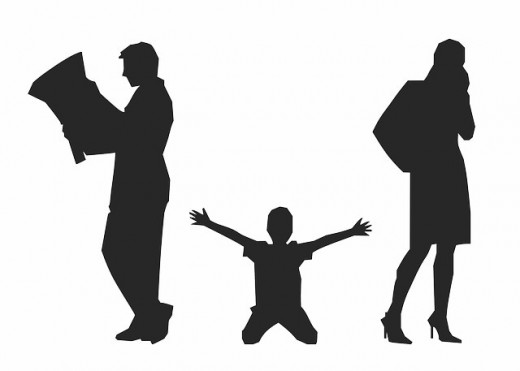
Some experts favor joint custody after a divorce; they believe that such an arrangement works best for the children. Shared custody, they aver, allows the children the opportunity to maintain their relationship with both parents. These children, experts also suggest develop better relationships with their peers and do better in school. Others believe this arrangement is counterproductive because of the negative relationship that may exist between parents. Most divorces results in animosity and that emotion lingers and spreads into the custody arrangements. Parents are not aware of the negative communication they bring to their children hence shared custody becomes shared animosity.
Why Decide On Joint Custody?
The judge in the divorce proceedings decide on joint custody. If both parents prove to be – reasonably sane, do not exhibit violent tendencies and are physical capable of taking care of themselves and ultimately their children – then joint custody becomes a part of the divorce decreed. There might be a small percentage of divorce where one parent declines equal time with the kids and in that instance, the other parent gets sole custody.
Whom The Children Stay With
Ordinarily, the mother is the primary caregiver; this means that the child or children will attend school within her residential area. Dad will have some input on the school the children attend but most of the time mom initiate all primary care. Some fathers take the joint custody role very serious and will demand input in every decision. Whoever takes on the initial care begins the shared custody rollout. This parent has the children for three or four days of the week and the other parent has the children for the remaining days. What this means for the children is a lifelong movement from one home to the next.
Do you think joint custody is best for the children?
How To Make It Work
Living in two separate homes requires cooperation from parents and children. Parents however, must establish some basic ground rules as well as a consistent routine. To begin, the initial caregiver should first verbally prepare the children for the days apart. It starts with a reminder a day or two before the children leave the home that they will be with the other parent for a certain period. Of course, all communication will depend on the age of the child. The day before or the day of the switch parents should help children pack for their stay with dad. If the children are very young, have them take their favorite toy, clothing, or specialty item to ease the transition from one home to the next. Some experts recommend, if possible, have two of every personal items, and keep one in an overnight bag to avoid the leaving behind of necessities. If the divorce was not amicable, experts encourage parents to keep a distance to help minimize verbal conflict in from the children. Divorce is hardest on the children and having them witness any hostility will only further traumatize them. Upon returning home allow you children the space and time to re-adjust to their environment and above all let your children initiate the conversation concerning what is going on at the other parent’s home. It is not a good idea to bombard your child with questions about his or her stay with the other parent.
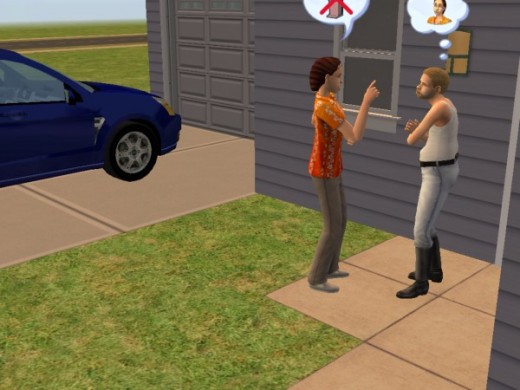
How They Feel
Children in joint custody relationships often experience several negative emotions. They live with insecurity concerning their parents' love for them. They harbor fears of abandonment as well as unfounded feelings of rejection. Children of divorced homes blame themselves for their parents’ split-up. They believed if they had clean their room more, or got better grades the family would have stayed together. Consequently, during and after the divorce proceedings, both parents should repeatedly reassure their children that they are loved, valued and appreciate. Most importantly, parents should let their children know that they are not too blame for the broken relationship between mom and dad. Whenever possible, parents should enroll themselves and their children into a special support group or class that focuses on divorce and how best to cope. Study shows that children from divorce families are more susceptible to anxiety, and depression. These children have difficulties in school and move toward illegal consumption of drugs.
Who Favors Joint Custody?
Many experts praise the joint custody arrangement. They agree some parent contact is better than no contact. Nevertheless, how does this arrangement playout long term? Do the children really benefit from this agreement? For some children it does, because both parents either parted amicably or decided to table there personal displeasure in favor of doing what is best for the kids. When both parents cooperate in this manner, they work hard at creating similar home environment. In both homes, homework begins and end at the same time, and the children’s social activities are monitors. Both parents discuss and eventually agree on school curriculum and extra-curriculum activities. If any disciplinary conflict arises both parents, find a way to resolve the issue with nominal impact on the children. In each home, the children feel love and protection.
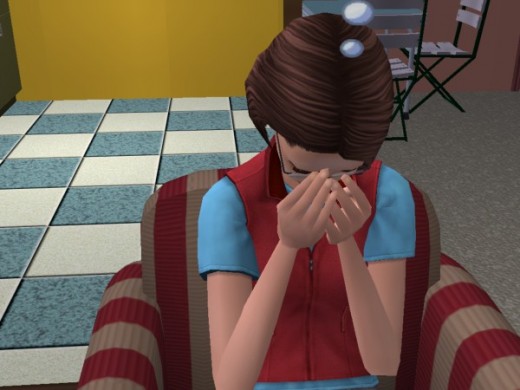
Why It Will Not Work
On the opposite end of the spectrum, when there is dysfunction between both parents concerning the wellbeing of the children, joint custody will not benefit the children. In this type of relationship, children frequently skip school to participate in counterproductive activities. Within a household of minimal supervision, they engage in sexual activities at an earlier age. They have lower than average grades and suffer from low self-esteem. They harbor guilt because they are convinced that their behavior resulted in their parents’ divorce. Consequently, feeling of inadequacy takes hold as their parents continue to neglect these issues. When this type of relation continues without the appropriate adjustment, the children lose an essential family connection.
In general several people place divorce in the same category of death, a painful process that results in a great loss. If it is death for the married couple, what can it mean for the children? Joint custody for the children can mean a prolonging bereavement period or a time for comfort and support. The deciding factor depends on the attitude and behavior of parents.



